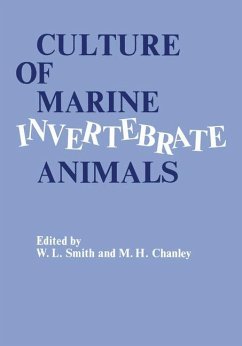The history of invertebrate paleozoology (also spelled palaeozoology) differs from the history of paleontology in that the former usually emphasizes paleobiology and the paleoecology of extinct marine invertebrates, while the latter typically emphasizes the earth sciences and the sedimentary rock remains of terrestrial vertebrates. The historical development of sub-vertebrate or non-vertebrate paleozoology may also be described as the history of invertebrate paleobiology or as the history of invertebrate paleontology. Nearly synonymous are the history of marine paleozoology, history of marine paleobiology, and history of marine paleontology -- although the latter three may cover prehistoric fishes, sharks and simpler sea-dwelling organisms. By far, invertebrate paleozoology is the easiest type of fossil collecting. Unlike the difficult-to-analyze and hard-to-interpret fossils of paleobotany (plants) and micropaleontology (microbes), and unlike the rarely-found and poorly-preserved skeletons of vertebrate paleontology, invertebrate fossils are usually both common and simple to identify.
Bitte wählen Sie Ihr Anliegen aus.
Rechnungen
Retourenschein anfordern
Bestellstatus
Storno








